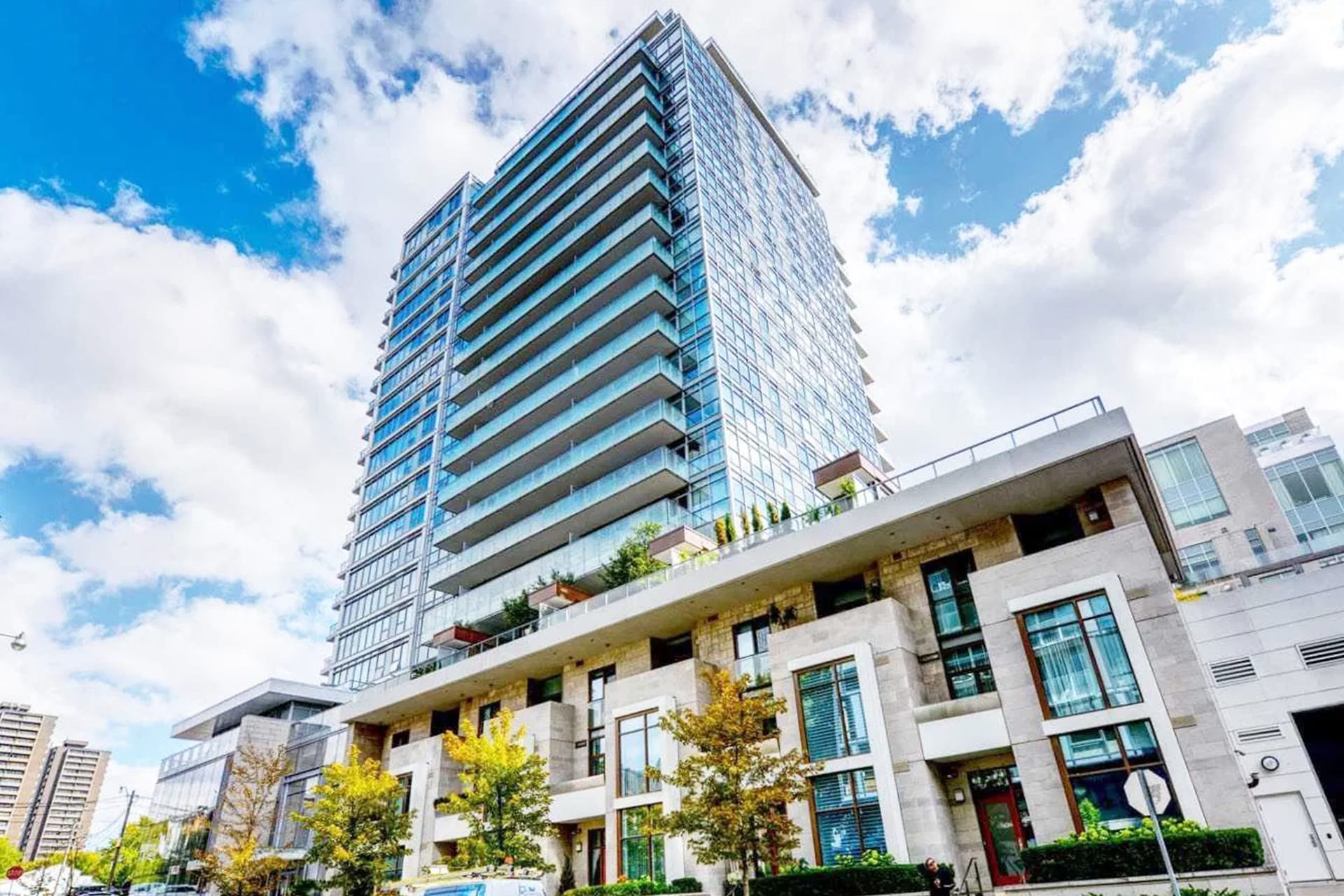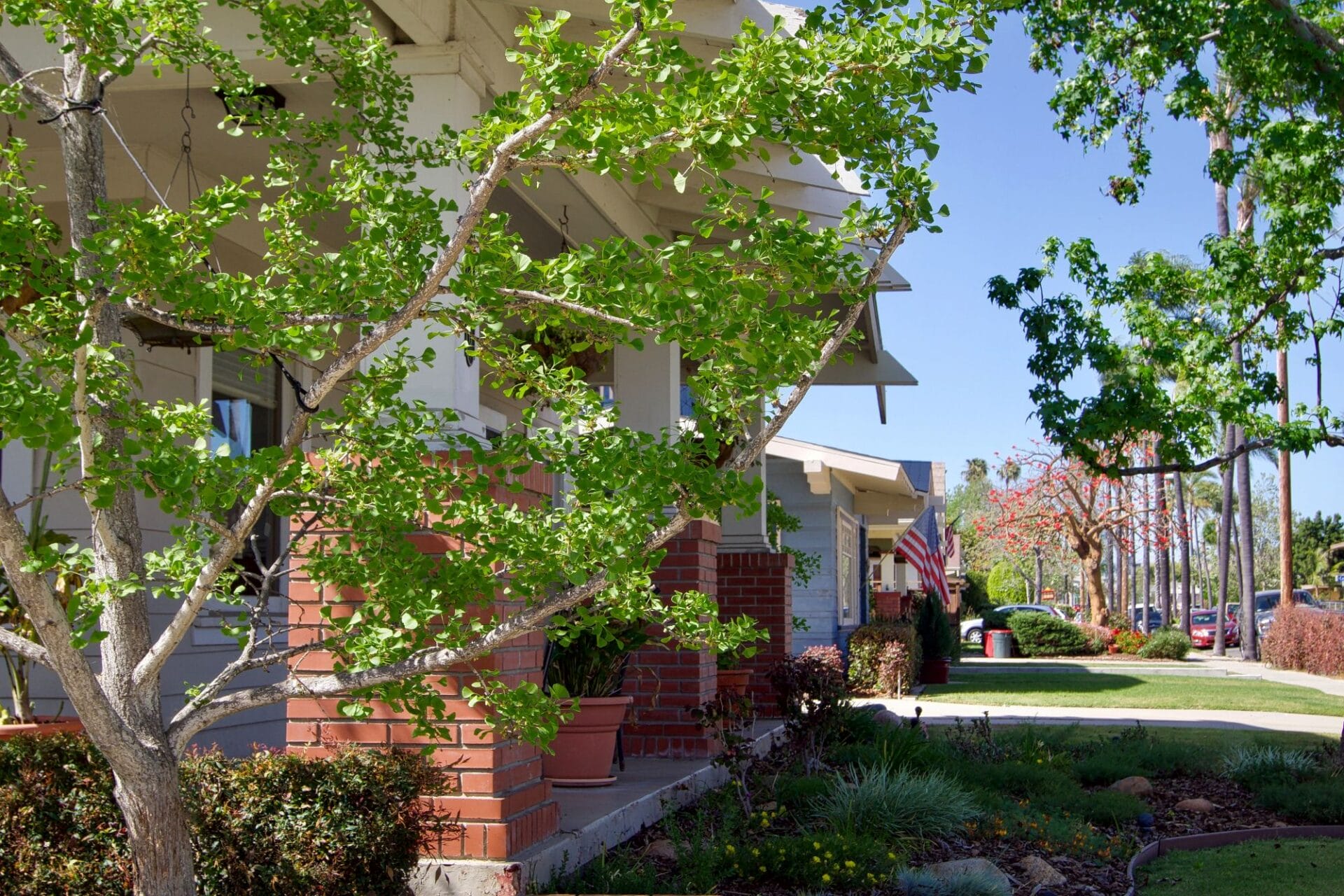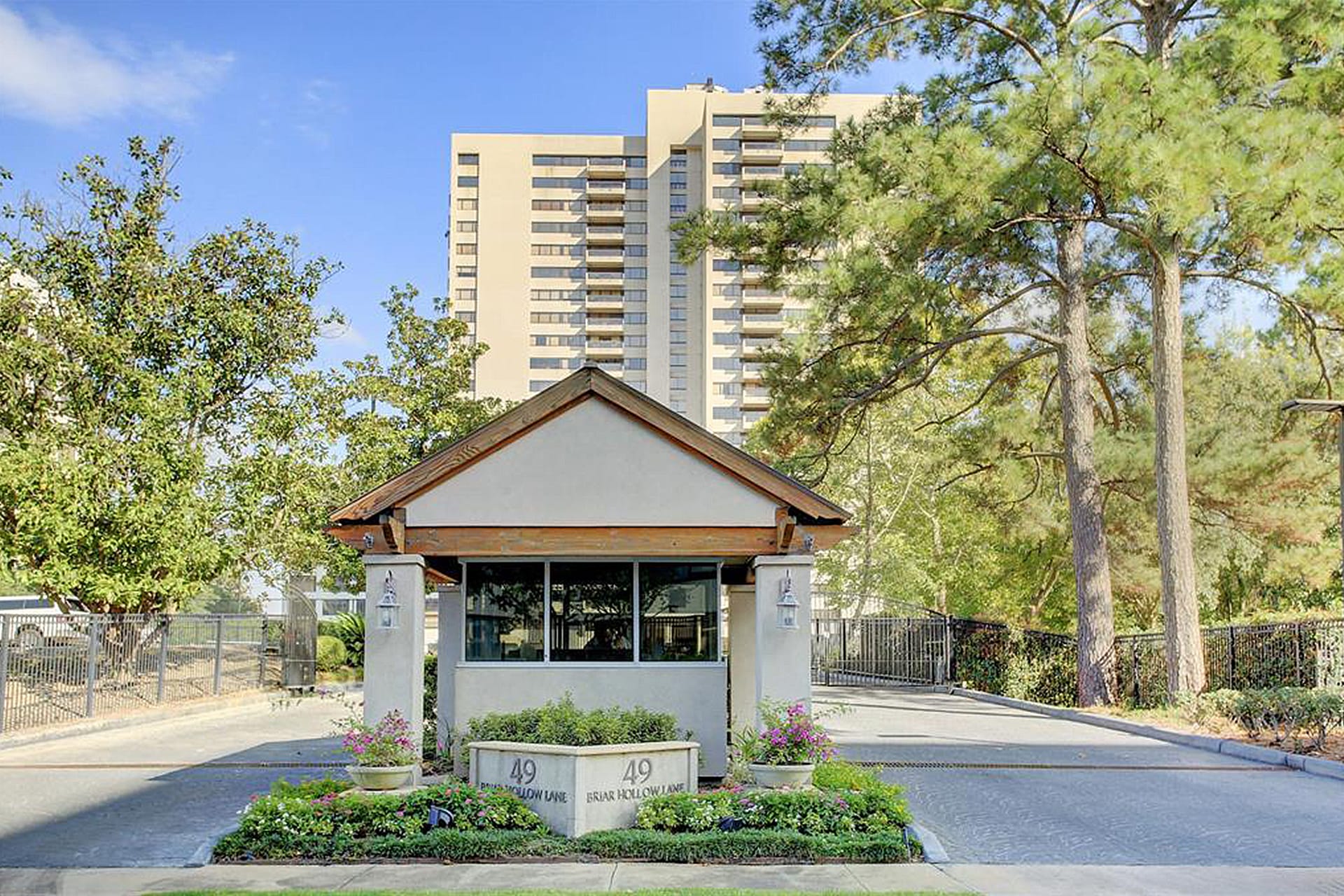It’s not just your imagination. Homeowner demands are increasing, and unfortunately, the hours in your day are not.
If you and your board are starting to feel overwhelmed by emails, calls, and verbal requests, we’ve got some ideas to help your team succeed.
Most HOA members are happy with their boards
Serving as a board member can be a tough job – especially considering you don’t get paid for it. The good news is most owners appreciate the volunteers leading their association. According to a 2022 survey published by the Community Association Institute (CAI), 87% of owners in community associations believe their board members, “absolutely” or “for the most part”, serve the best interests of the community.

Moreover, most residents have had a positive or neutral experience while living in their neighborhoods.
- 87% of participants say they are on friendly terms with the board
- 74% say their manager provides value and support to the community
- 86% say the experience with their manager is generally positive
HOA managers can make a big difference for boards and the entire community. They are hired to take on day-to-day operations, including managing work orders or service requests, answering questions for owners, and helping resolve common issues that occur in governed communities.

But not all communities need a full-time manager, and others cannot afford to pay for additional help. It’s estimated that approximately 30% – 40% of community associations are self-managed. That means they may hire professional assistance for specific projects, activities, or services, but do not employ a professional manager or management company.
For these communities, keeping up with owner requests can be even harder since board members have more responsibilities. However, these communities may also be smaller and more intimate. As such, owners may be more understanding about slow response times or resolutions.
What is it that owners are asking for?
There are usually a few core issues that owners ask for help with:
- Fees/payments
- Maintenance/repairs
- Disputes/problems with neighbors
Other common issues include architectural change requests, amenity reservations, guest parking, and requests for documents.
Regardless of the issue, communication plays a crucial role in each scenario. Other than finances, communication will dictate how well or poorly the HOA operates.
The desire for better communication likely increased during Covid; owners couldn’t attend in-person meetings or casually ask for something while at a community event. That desire for regular, clear communication is likely here to stay.
While effective communication won’t solve everything, it can help your board reduce the time it spends corresponding with owners.
Tips for handling owner demands more efficiently
Create a formal system for submitting requests and complaints
The most significant thing your board can do is to create a formal system for submitting, receiving, and responding to owner demands. It simply becomes too challenging to try and keep track of requests or issues when they are being submitted in writing, via email, and verbally. Something is bound to fall through the cracks.
Not only does a formal system allow the board to be more organized, but it may also discourage owners from submitting frivolous complaints. As an example, all owners who require help with a repair that they believe is the responsibility of the HOA must use a designated form, fill out all required fields, and submit the form to a specific email or mailing address. The board would set a deadline for itself to respond to requests. If the issue turned out to be something that the HOA did need to fix, then the board would let the owner know approximately when the service will be performed.
An HOA management platform like Condo Control streamlines and simplifies communications and processes for self-managed HOAs as well as those who have managers to help them.
There is a feature just for service requests, a place to make online payments, and a dedicated announcements section. Boards can also share the email addresses or phone numbers they’d like owners to use for complaints or concerns on the platform.
Every submission is automatically saved and organized, and boards can even set reminders if they’ve forgotten to follow up with a service request or violation.
It’s very important to keep in mind that owners and board members must understand the new system. Otherwise, they will stick with the old, less efficient way of doing things. Send out a letter and email to all owners so that they are aware of new process changes and expectations.
Maintain transparency
Board members should always strive to be as transparent as possible. Secrecy is generally counterproductive as it creates friction between owners and board members. While there are situations where the board will have full authority to make decisions, that doesn’t mean that owners should be left in the dark. Even if the decision was not a popular one, the board should be clear and firm about why the decision was made and how it will benefit the community as a whole. Think of it this way; the more informed HOA members are, the fewer questions they will have for the board.
Sometimes boards think they are sharing enough, but owners do not feel the same way. If it makes sense to do so, the board can send out a survey to the community and ask members if there are any topics or issues that they’d like to hear more about.
Depending on the length and urgency of the information that needs to be shared, boards can use a combination of newsletters, emails, printed letters, website notices, and meeting announcements.
Manage expectations
Board members simply can’t solve every problem or make every owner happy all of the time. But they should be accessible and able to respond to owner concerns and questions. While you may not be able to provide an answer to a question right away, you can and should acknowledge that you’ve read the question and are working on finding an answer. If possible, include an approximate date as to when you will be able to provide additional information.
Give owners easy access to useful resources
Instead of answering every question through email or an in-person meeting, board members can provide premade answers to owners through an accessible platform or website. Condo Control has a great functionality that allows admins to customize answers to common questions about repairs, rules, and more.
If someone has a question about plumbing, you can let them know who is responsible for those types of repairs, and who to contact to set up an appointment. Even if the association isn’t responsible for the repair, you can still help owners by recommending a trustworthy service provider.
Host social events
Social events give owners and board members an opportunity to interact with each other in a less formal setting. The more that owners get to know their neighbors and board members, the more likely they are to become informed about and involved with the HOA. There may even be enough interest from members to start a committee.
Work with a property management company
Property managers take care of community operations and help enforce rules and policies. Management takes care of all the little things that traditionally eat up the board’s time. With help from a property manager, boards can spend more time on big projects, improving policies, and leading the community forward. Management companies can also provide guidance and advice to boards; some of these professionals have decades of experience.
Not every HOA wants or can afford a full-time manager, but some companies offer flexible plans. For example, an association could hire a company just for financial services. It’s certainly worth considering if you are self-managing and are starting to feel like your board is struggling to keep up.
























